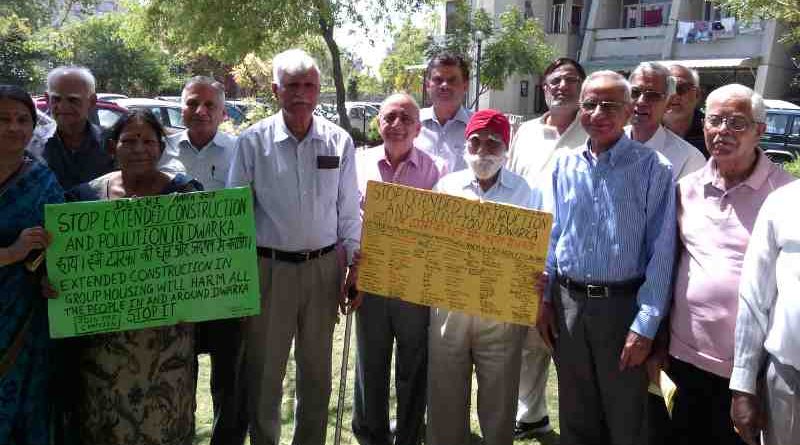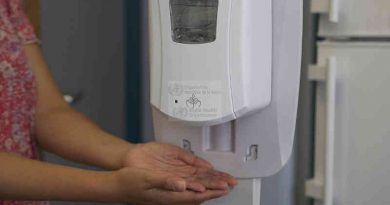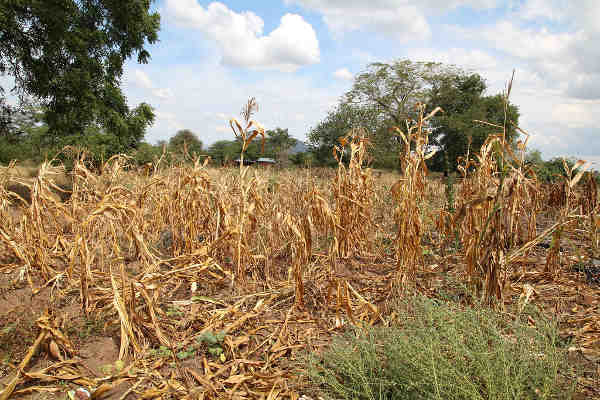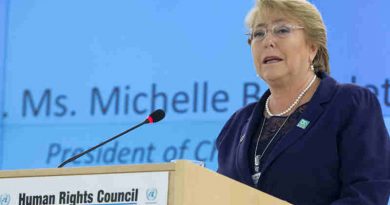Call for Case Studies on Climate Change and Health

Interested organizations and individuals are also encouraged to showcase their projects by submitting a short 1-2 minute video.
The World Health Organization (WHO) is inviting case studies on health and climate change, to be highlighted in upcoming events and initiatives throughout the year, including at the COP26 climate conference.
The health agency is looking for short, real-life stories about an initiative, project, or advocacy campaign that showcases the work that is already being implemented to reduce the impact of climate change on human health, and to help communities and societies recover from Covid-19 and transition to a healthy, climate-resilient and climate-just future. Sharing experiences of less successful case studies and lessons learned is also welcome.
Features of Climate and Health Case Studies
Be solutions-driven: make sure your case study is a concrete and real-life example of progress being made on reducing the impacts of climate change on human health;
Be visual: share images, video or graphic elements if possible;
Be diverse: highlight different stakeholders and sectors driving positive change, such as representatives from cities, regions, businesses and civil society from sectors such as health, biodiversity, transport, economy and energy, as well as health professionals, scientists, policymakers, celebrities, local authorities and mayors, government representatives, representatives from vulnerable communities and youth leaders;
Be personal: show the people behind the initiative, and share at least 1 quote or personal perspective, ideally from a person directly involved in the project or from an expert in the field;
Be short and concise: limit your story to 1-1.5 page (800 words max), if possible.
The case studies can be submitted via this online form or in text format (800 words max), following the guiding questions, by email to egorovaa@who.int. The guiding questions are meant to help you structure your case study and help ensure all relevant information is present, but are not mandatory.
Interested organizations and individuals are also encouraged to showcase their projects by submitting a short 1-2 minute video with footage and testimonials from the field, by email to egorovaa@who.int. These recordings could be used to create an advocacy video “The healthy, equitable and climate resilient future we want” that will be projected at the 2021 Global Conference on Health and Climate Change at the margin of COP26.
The deadline for submitting the case studies is July 31st, 2021.
According to WHO, the case studies will be featured in the COP26 Special Report “The Health Argument for Climate Action”, to be published in November 2021, and will be featured on the WHO website and on a forthcoming WHO/WMO Online Portal on Climate Change and Health.





